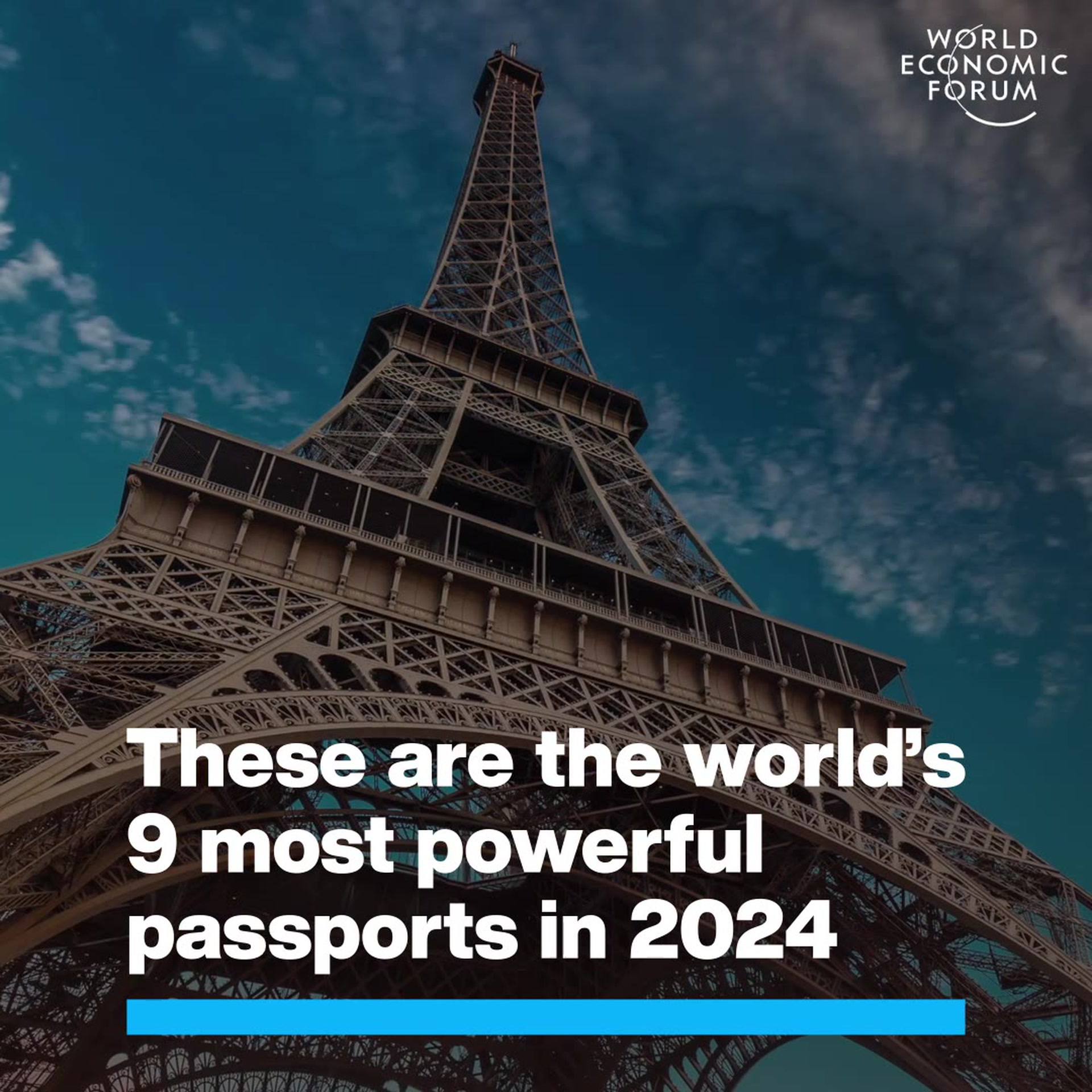In a first for the United States, there will be a private, high-speed train service

Florida's Brightline express could take as many as 3 million cars off the streets. Image: REUTERS/Stringer

Get involved with our crowdsourced digital platform to deliver impact at scale
Stay up to date:
Travel and Tourism
In brief
In a first for the United States, there will be a private, high-speed train service. Slicing travel times, Brightline express will begin service in Florida during December and will hopefully prove the potential of high-speed rail in the U.S.
Private railways
For the first time in the United States, there will be a private, high-speed train service — and it’s coming to Florida. This $3 billion project by Brightline express could drastically improve crowded roadways by taking as many as 3 million cars off the streets. It will run along a route that is travelled by about 6 million residents and tourists, according to estimations.
John Renne, director of the Center for Urban and Environmental Solutions at Florida Atlantic University, said to Here & Now’s Jeremy Hobson at NPR, “It’s the first time that it’s happening, being built by a private company. And that’s kind of a game changer for this type of model.”
Brightline trains will begin service service in December. The private, high-speed train service will run from West Palm Beach to Fort Lauderdale, and service is expected to expand to downtown Miami early next year. In the future the trains will likely run to Orlando, a service which would bound to be a success due to the heavy influx of tourists.
Fast moving
This transportation could save millions of people the added time and risk of attempting to navigate the crowded highways of Florida by car. To give you an idea of the speed of this train: it typically can take up to five hours to get from West Palm Beach to Miami in a car, but the rail system would take you there in about 60 minutes. And from Fort Lauderdale to Miami? Only 30 minutes.
Additionally, taking millions of cars off the road every day could, over time, help the U.S. to curb its carbon emissions. And, if this system proves successful, more could be built around the country, fractioning travel times and reducing carbon footprints by having potentially billions of people rely on public transportation as opposed to their own vehicles.
The continued introduction and adoption of high-speed rail systems could revolutionize transportation as we know it. Many eyes will be following the success of Brightline express during the coming months.
Don't miss any update on this topic
Create a free account and access your personalized content collection with our latest publications and analyses.
License and Republishing
World Economic Forum articles may be republished in accordance with the Creative Commons Attribution-NonCommercial-NoDerivatives 4.0 International Public License, and in accordance with our Terms of Use.
The views expressed in this article are those of the author alone and not the World Economic Forum.
The Agenda Weekly
A weekly update of the most important issues driving the global agenda
You can unsubscribe at any time using the link in our emails. For more details, review our privacy policy.
More on Travel and TourismSee all
Naoko Tochibayashi and Naoko Kutty
March 28, 2024
Abeer Al Akel and Maimunah Mohd Sharif
February 15, 2024
Priya Singh
February 8, 2024
Thea de Gallier
January 31, 2024






